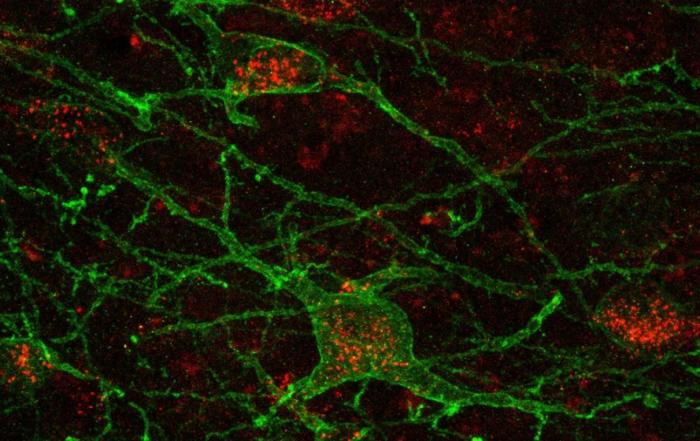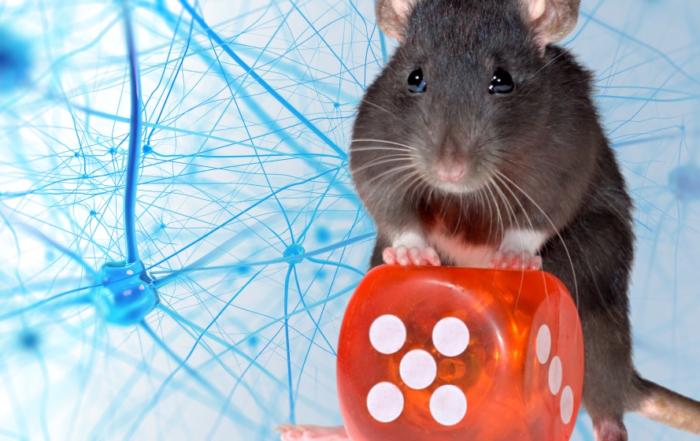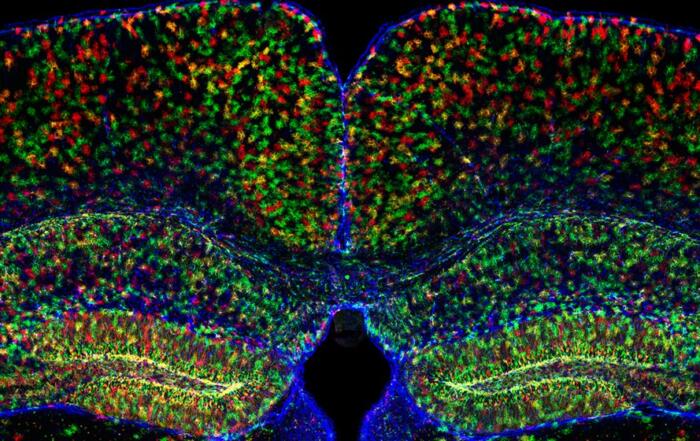Scott Hall, PhD presents his research that focuses on treatments for impulsive behavior commonly associated with Attention Deficit Hyperactivity Disorder (ADHD).
Substantial evidence has shown that dopamine transporter knockout (DAT KO) mice constitute an animal model of Attention Deficit Hyperactivity Disorder (ADHD). DAT -/- mice are hyperactive, show deficits in preattentional processes (e.g. sensorimotor gating), and have impaired executive function. DAT +/- mice show only limited deficits in the same behavioral tests. In examining more complex cognitive tasks using a 5-Choice apparatus, DAT -/- mice were found to be so behaviorally impaired that they could not learn even basic responding. Their attentional focus was solely oriented towards the food panel so that they failed to observe the lights behind them. DAT +/- were capable of learning the task and showed evidence of impulsive behavior in the 5-Choice Continuous Performance Task (5-Choice CPT).
This impulsive behavior was eliminated by treatment with the known ADHD medication atomoxetine, as well as with the putative ADHD treatment SB 224289, a serotonin 5-HT1B antagonist that was previously found to reduce many of the impairments found in DAT -/- mice. These data provide evidence that DAT +/- mice show ADHD like deficits that may provide a better model of ADHD than DAT -/- mice, and further support the potential of 5-HT1B antagonists to reduce impulsive behavior.
Resources
To retrieve a PDF copy of the presentation, click on the link below the slide player. From this page, click on the “Download” link to retrieve the file.
Presenters
Associate Professor
College of Pharmacy and Pharmaceutical Sciences
University of Toledo















